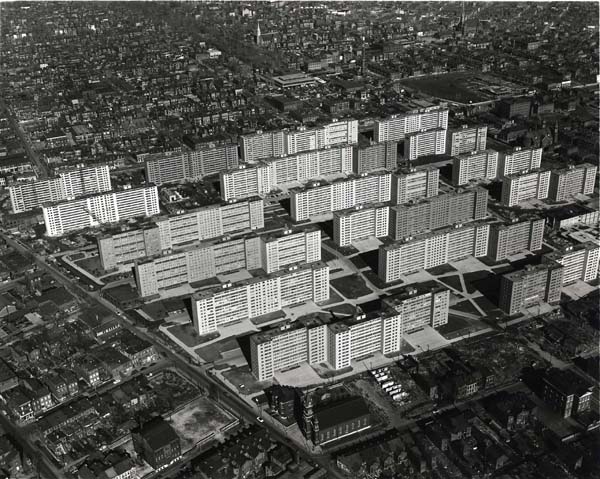Penny Wise, Pound Foolish: Housing
This article is about to get me into a lot of trouble.
I’ve been kicking it around for awhile but I’m convinced that paying more for housing is a good thing. I know that you should reduce your expenses as much as possible but there are certain non-negotiables that you have to pay for’“utilities, housing, debts, and the like. Saving on housing can sometimes seem like quite a boon, but let me paint the picture for you here.
You move to a new city and you find a really great apartment. It’s far from the city, though, so you’re going to have to travel farther to get to your brand-new job. Still, you’re saving a lot of money, so you figure that you’ll be able to move into the city after you bank some of those savings. Ah, but then you want to go out, so you stay out too late and you can’t get a train so you take a cab home. That’s okay once in awhile, but you start to make a habit of it. Then your commute turns into a beast because it’s nearly an hour each way, and you can’t get anything done during that time. So you waste two hours a day and end up spending nearly all your savings on cabs just to live far out of the city, plus no one comes to visit you because you live too far away, so you have to come to the city to visit any of your friends. Then they want to go out, so you spend even more money on cabs. Not to mention that if you want to do something on the weekend, you can take the train if it’s running, or you have to rent a car to get out.
Where’d your savings go?
There’s a sweet spot where you can live within relative proximity to the city where you pay just enough on rent. The general rule is that you should try to spend at around 25% to 40% on housing. Of course it helps to pay less than that amount, but you have to think of the lifestyle changes you’ll be making. There are far too many young people who move back in with Mom and Dad to save cash or live in borderline slum housing to save money, but then you aren’t saving much money if you’re out every night drinking to avoid your parents or getting all your stuff stolen because you live in a bad neighborhood. By the way, if you happen to be shelling out for renter’s insurance, it’s higher in bad neighborhoods. Factor that into your savings. And you do have renter’s insurance, right?
What’s more important to you: accessibility or rent? Let me know in the comments below.



I agree that one should look at all factors when making decisions about housing. You should prioritize what’s important…is going out drinking with friends your priority or being frugal with your money?
Clint, this is a really great question. Aside from the cost of going out to party, people need to weight the cost of the daily commute into their housing budget. You assume most people live in a city with good public transit. Wrong. Out on the West Coast, particularly, everyone drives. You need to factor gas and basic maintenance on your car into the equation. Is the cheaper rent really worth the hassle of putting 20,000 miles a year on you car, just to get to work?
Great article! I’ve been living with my parents while going to university for 2 years, but they live about an hour’s drive from my school. This upcoming year, I’m moving into a suite (with a roommate) just a few blocks from the university, with great bus service around as well. (I’m currently outside the catchment area so no transit for me.) With the money I’ll be saving on my car, plus the extra 10 hours a week (which I’ll be using to work), I actually come out ahead financially, even by the most pessimistic estimates. This despite not currently paying rent, groceries, etc! It is definitely important to add up ALL the costs when considering where to live.